| |
|
|
| |
|
|
| |
 |
John G Bartlett, MD, Professor of Medicine, Chief, Division of Infectious Diseases, Johns Hopkins University, School of Medicine, Baltimore, Maryland |
Dr. Bartlett communicates his view of how the field of HIV/AIDS should move forward. With his comprehensive background in HIV research his is uniquely qualified to fairly review some of the patient risks and opportunities to improve the prospects for people living with HIV/AIDS. He also advocates for a totally new view of testing and treatment to more profoundly address the spread of the epidemic. |
 |
 |
 |
| |
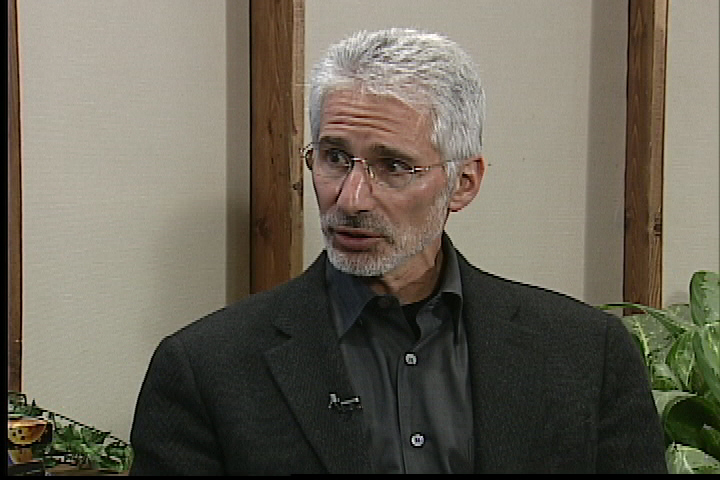 |
Stephen Becker, MD, Consultant, San Francisco, California |
Stephen provides his perspective of overall direction of research today and some insight into the perspective of the conduct of current research. He promotes his view of how research should move forward in fiscally trying times in a period that also sees changes in the regulatory process. He also expresses his appreciation for what we’re learning about inflammation and co-morbid conditions. |
 |
 |
 |
| |
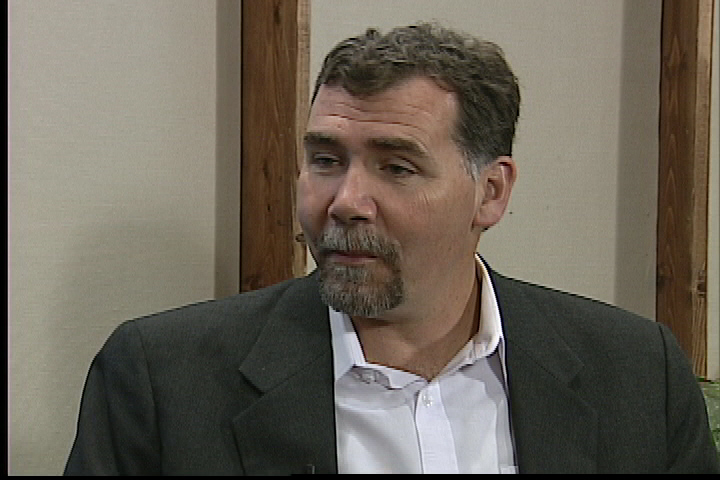 |
Chris Beyrer, MD, MPH, Director, Center for Public Health & Human Rights, Bloomberg School of Public Health, Johns Hopkins University, Baltimore, Maryland |
He presents his data covering the first assessments of men who have sex with men in Southern Africa and the relative risks. He will uncover yet again some of the social implications, and the ability to slow the progression relative to the lack of the governmental and organizational prevention advocacy. He also discusses some of the current US government opportunities to advance prevention policy with the new administration. |
 |
 |
 |
| |
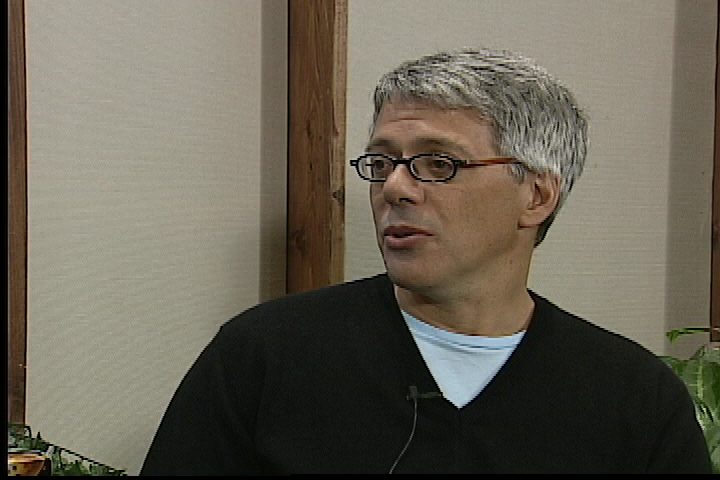 |
Andrew Carr, MD, St Vincent’s Hospital, Sydney, Australia |
Dr. Carr discusses the results of a two-year switch study that provided some interesting results, especially in the area of lipid issues evaluated in contrast to other switch studies. He also reviews some of the high points of the Lipodystrophy meeting in London, the need for a new direction in science and community mind set to more normalize testing and prevention measures. |
 |
 |
 |
| |
 |
Richard Chaisson, MD, Johns Hopkins University, School of Medicine, Baltimore, Maryland |
Dr. Chaisson has been focusing on TB worldwide, a disease which has grown, especially in the developing world. He expresses his concern for the lack of testing, access to treatment, concurrent HIV/TB treatment, prevention, and TB services and screening. He encourages a greater advocacy movement to expand funding by governments and political will to support new vaccine development. |
 |
 |
 |
| |
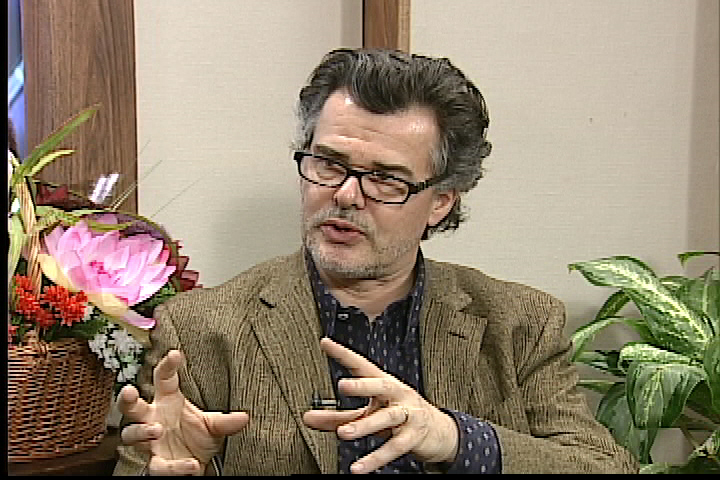 |
François Clavel, MD, INSERM U941, Hospital St. Louis, Paris, France. |
Yasmin Halima interviews Dr. Clavel about the resistance through the GAG proteins acting on the protease inhibitor. His presentation very specifically outlines the way in which the mutations cause the protease inhibitor to work more efficiently, and just how important they are. He provides an interesting perspective and background of genotypic vs. phenotypic assays. His discussion should be very interesting to anyone who is intrigued by the function and lifecycle of the HIV virus, as his enthusiasm makes his presentation very interesting. |
 |
 |
 |
| |
 |
John Coffin, MD, CROI Co-Chair, Tufts University, Boston, Massachusetts |
Dr. Coffin poses his perspective of the importance of basic science not only to the field of AIDS but all medical science. He reviews and updates his work in the ultrasensitive HIV assay and its potential clinical utility. He also covers other basic science that began in the last few conferences such as Apobec 3, and RNAi and the CCR5 inhibitor which is one of our most recent successes being brought from basic science to clinical utility. |
 |
 |
 |
| |
 |
Myron Cohen, MD, Chief, Infectious Diseases, University of North Carolina, Chapel Hill, North Carolina |
Yasmin Halima interviews Dr. Cohen, covering the aspects of transmission and the importance of communicating what we’ve learned in research to the population to appropriately use the information to more safely navigate future sexual relations. He also covers the issues around risk behavior, treatment as prevention, and the need for good broad messages as well as specific individual counseling. He takes an introspective look at the way in which the PREP and PEP trials are conducted and what we expect and are getting out of this research. |
 |
 |
 |
| |
 |
Alex Coutinho, MD, MSc, MPH, Infectious Diseases Institute, Makerere University, Kampala, Uganda |
Alex provides a very comprehensive look at where we are and where we need to go both scientifically and socially to achieve a much greater benefit from prevention. He’ll also address up scaling second and third line treatment, infrastructure and improved clinical practice in the developing world. |
 |
 |
 |
| |
 |
Kevin DeCock, MD, CROI Co-chair, Director, WHO, Geneva, Switzerland |
Dr. DeCock presents the themes of the conference as well as some of the emerging issues for pre-exposure prophylaxis, breast feeding in the developing world. He looks forward to improvements in reproductive health, and harm reduction for IDU’s and the dire need for broad funding to keep pace with the worldwide expansion of this disease. With the modeling around treatment for prevention, he projects, more activity and discussion to move this concept forward. |
 |
 |
 |
| |
 |
Carl Dieffenbach, MD, Director, Division of AIDS (DAIDS), National Institute of Allergy & Infectious Diseases (NIAID), National Institutes of Health (NIH), Bethesda, Maryland |
Dr. Dieffenbach provided a thoughtful review of some of the important contributions Martin Delaney made to the fight for AIDS treatment development, and a sense of where we are and where we need to go next to improve, testing, prevention, and therapy and even the prospect for a cure. While he lists some of the many things that need to happen along the way, the challenge is to keep on track with the incremental identified steps that will move the field forward. |
 |
 |
 |
| |
 |
Jacques Fellay, MD, Duke University, Durham, North Carolina |
Amalio Telenti and Jacques Fellay open with some of the broad possibilities of genomic research in the area of vaccines, epidemiology, treatment and further understanding of the human or host differences that can define pathogenesis. They describe genomics as teaching tools though an understanding of why individuals either do or don’t become infected or why some either progress quickly, slowly or almost not at all based upon genomic differences. |
 |
 |
 |
| |
 |
Joel Gallant, MD, Johns Hopkins University Hospital, Baltimore, Maryland |
Dr. Gallant describes the work being done with a simple non-randomized, but optimized “when to start trial”, as well as the “switch mark trial” to compare staying on a protease vs. the switch to Raltegravir and the consequential efficacy. Overall concepts of prescribing and new information about risks associated with Abacavir in certain patient populations was also put forward in this discussion, along with his perspective on the new boosters being developed by several companies. |
 |
 |
 |
| |
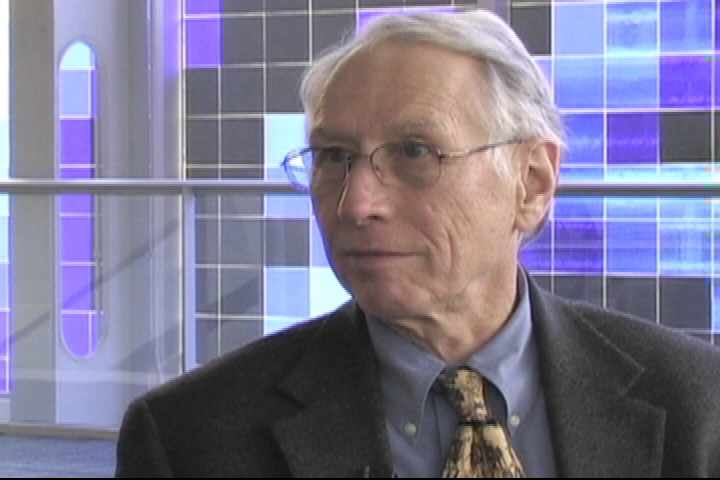 |
Igor Grant, MD, HIV Neuro-behavioral Research Center, University of California, San Diego, California |
Igor describes the persistent cognitive impairment in the face of people who are successfully treated for HIV. He discusses some of the ARV drugs in treatment and compounds in development that may deliver some benefit by crossing the blood brain barrier. He believes there are other confounders, contributing to cognitive impairment such as untreated Hepatitis C, excessive alcohol, or drug abuse, among others. |
 |
 |
 |
| |
 |
Glenda Gray, MD, University of the Witwatersrand, Johannesburg, South Africa |
Glenda Gray and James McIntyre, as recipients of the 3rd N’Galy-Mann Lecture, provided the background to not only the preparation of the lecture materials but their work in the past years that resulted in their being given the CROI award and lecture. In the interview they evidenced some of the greatest challenges we face wherever we are with some differences dependent upon the continent, but all important for limiting or checking the spread of HIV. |
 |
 |
 |
| |
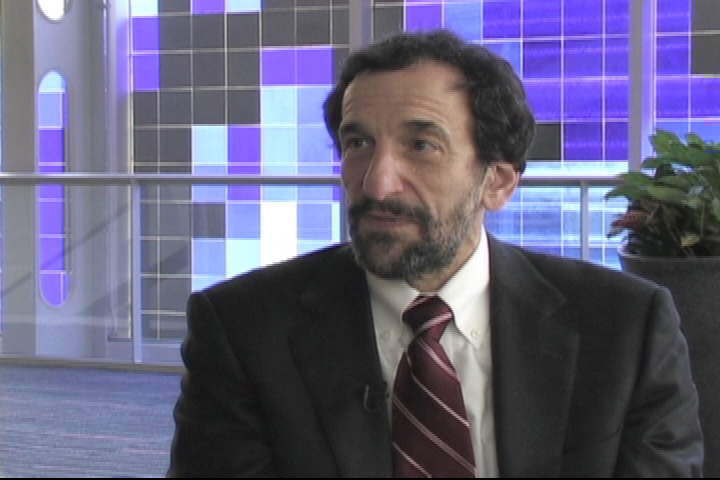 |
Carl Grunfeld, University of California, Veterans Administration Medical Center, San Francisco, California |
Dr. Grunfeld, will describe the risk factors of cardiovascular disease in relation to the general population compared to those living with HIV. He studied the C-reactive protein (CRP) levels which demonstrate the amount of inflammation within the body and some ability to predict atherosclerosis. He’ll also explain his concerns about other markers, predictors and signals or even multiple markers that may be necessary to learn what we need to know about immune activation and inflammation to identify, study and quantify disease and disease progression. |
 |
 |
 |
| |
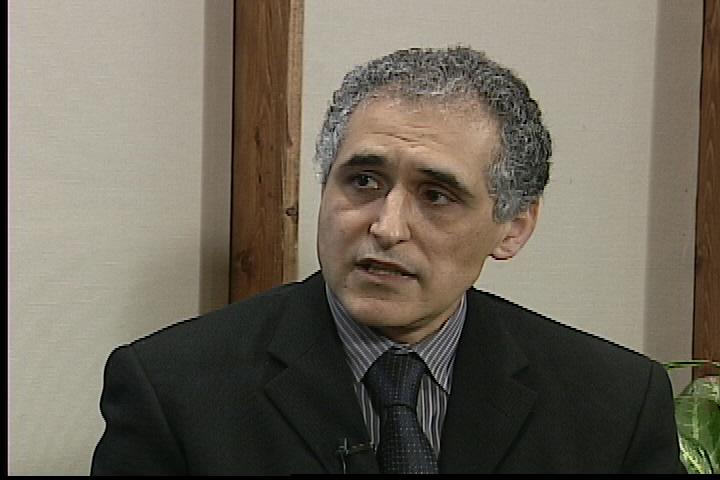 |
Walid Heneine, MD, Centers for Disease Control & Prevention (CDC), Atlanta, Georgia |
Dr. Heneine will describe the oral and topical results of pre-exposure prophylaxis in current animal trials and his expectations for further research to move this field forward. He discusses much of the preparation that is being made in advance of the next trials and the cooperation that is consistent and required from one company to another in getting each next step done as quickly and concurrently as possible in the fight for timely answers. |
 |
 |
 |
| |
 |
Bernard Hirschel, MD, University Hospital Geneva, Switzerland |
Dr. Hirschel discusses his work in the field of treatment as prevention, and not only the social but the fiscal implication of this concept. He will present his advocacy message to continue to explore the risk vs. benefits of an aggressive and even national emergency concept of approach to ending the spread of HIV. |
 |
 |
 |
| |
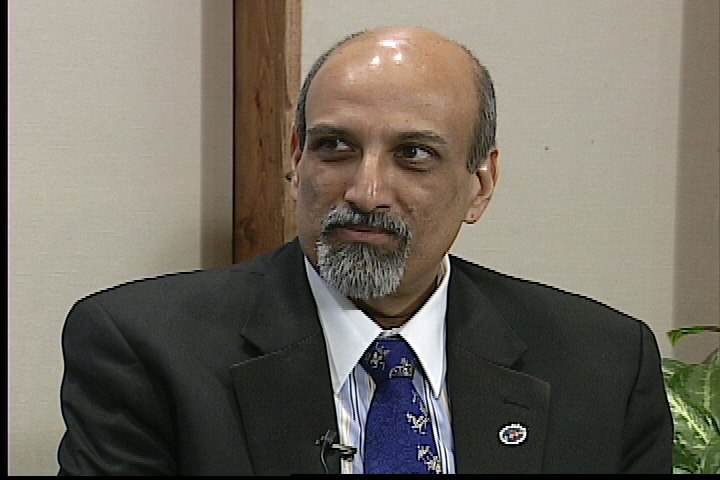 |
Salim Abdool Karim, MD, University of KwaZulu-Natal, Center for AIDS Program of Research in South Africa |
HPTN 035 Trial has led to some hall discussion at the conference as a big step in the concept of microbicide development. He presents some of the results and guides us to some considerations for the future of this prevention tool in the mix of others that should be considered as components rather than stand alone approaches. |
 |
 |
 |
| |
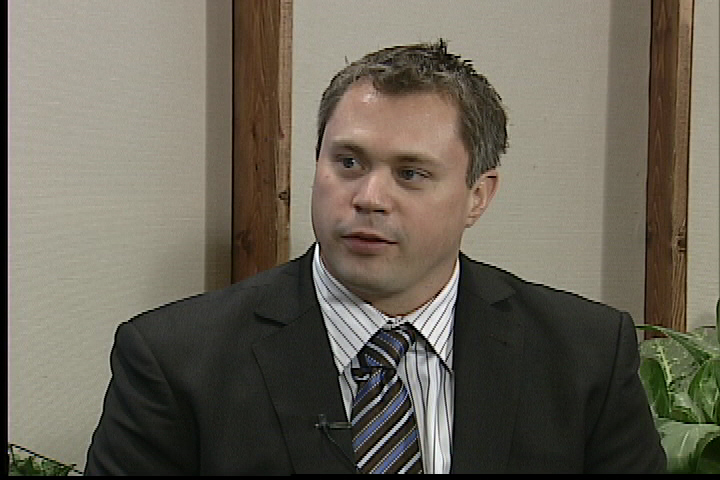 |
Brian Kearney, MD, Senior Officer, Scientific Research, Gilead Sciences, Foster City, California |
Brian presented the phase I studies for their new booster agent at this conference. He describes some the benefits in the unique and specific way the compound works to boost a pro-sub straight for CYP3a and integrase inhibitor, Elvitegravir. He will also describe co-formulations, fixed dose combination, both within Gilead, as well as, holding on-going discussions about this as a stand alone compound for use with other companies protease inhibitors. |
 |
 |
 |
| |
 |
Cliff Lane, MD, Clinical Director, National Institute of Allergy & Infectious Diseases (NIAID), National Institutes of Health ( NIH), Bethesda, Maryland |
Cliff, who has worked for many years with the cytokine, IL-2, discusses the results of two long-term clinical trials which revealed important results. He will also cover some of the unique and complex aspects of the innate and adaptive immune systems, and elite controllers. He’ll look at the need for immune activation being better understood as well as when to start therapy. |
 |
 |
 |
| |
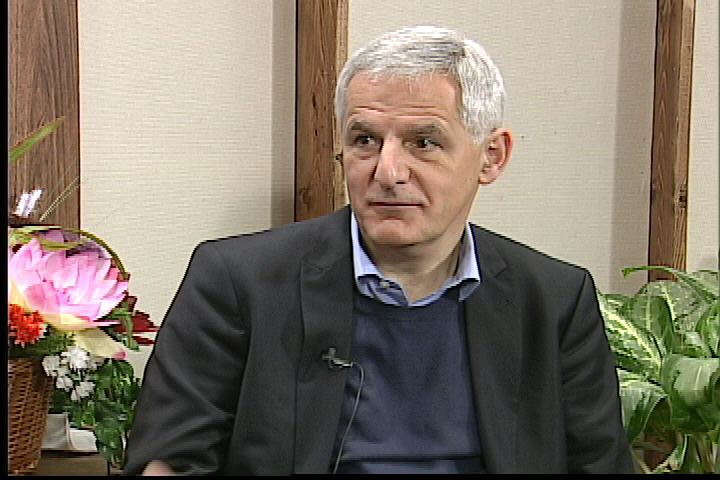 |
Joep Lange, MD, PhD, University of Amsterdam, Netherlands |
Dr. Lange reviews the prospects of treatment, prevention, and access for people in the developed and developing world, with respect to new and novel compounds in the pipeline and renewed discipline in the field of vaccine research. He also covers the challenges and social implications we face in validation and implementation in the new concept of Treatment as Prevention and welcomes the first real success in microbicide development and the consequential social implications of future roll-out and importance of patients understanding the comprehensive prevention paradigm. |
 |
 |
 |
| |
 |
Shahin Lockman, MD, Brigham & Women’s Hospital, Boston, Massachusetts |
Shahin presents her data regarding the resistance developed by women to Nevirapine, when using single dose treatment during childbirth. She shows that shifting from single dose monotherapy to combination treatment is important to consider, as well as, to study this further through the OCTANE trial to confirm the study results and demonstrate a better way to provide better health for both mother and child. |
 |
 |
 |
| |
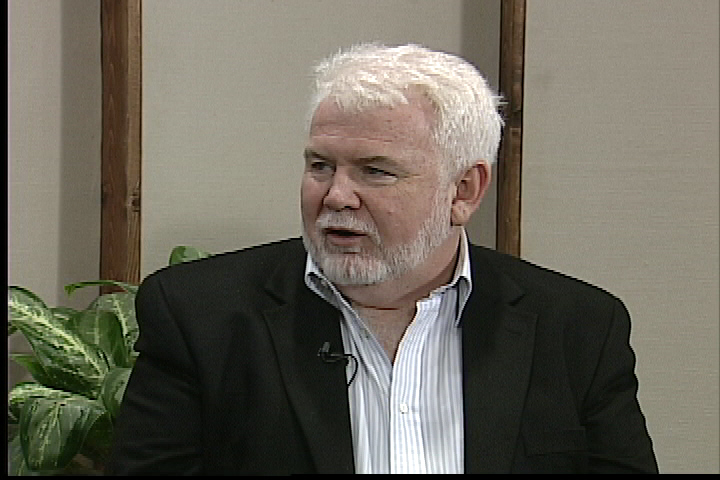 |
James McIntyre, MD, University of the Witwatersrand, Johannesburg, South Africa |
Glenda Gray and James McIntyre, as recipients of the 3rd N’Galy-Mann Lecture, provided the background to not only the preparation of the lecture materials but their work in the past years that resulted in their being given the CROI award and lecture. In the interview they evidenced some of the greatest challenges we face wherever we are with some differences dependent upon the continent, but all important for limiting or checking the spread of HIV. |
 |
 |
 |
| |
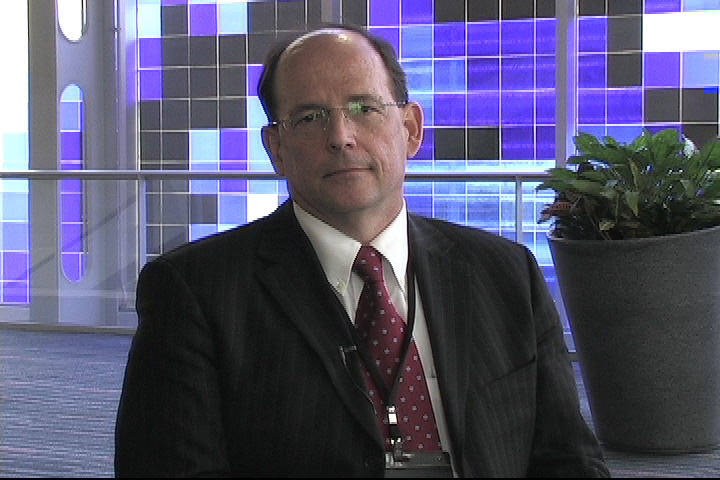 |
John Mellors, MD, CROI Chair, Professor, School of Medicine, University of Pittsburgh, Pennsylvania |
As the Chair of the CROI he covers some of the positive points of the conference as well as some knowledge we’ve obtained from even the trials which have not been successes. He explains the way the complex scientific process works to peer review and present scientific data to include robust discussion and confirmatory trials. He remains positive about the advancement of the field, new and talented investigators and the more aggressive approaches being put forward in prevention this year. |
 |
 |
 |
| |
 |
Mitchell Warren, AIDS Vaccine Advocacy Coalition, New York, New York |
Zeda Rosenberg and Mitchell Warren covered work presented at the CROI in the field of microbicides, vaccines, and Pre-exposure prophylaxis (PREP). Zeda will cover some of many steps that must be considered even before the final trial on new microbicide is presented. They have discussed the concepts of the research process and how perceptions or sometimes misplaced. Understanding the big picture of the way research works is important for patients, providers, legislators, and the public. They discussed the PREP work that will mostly be forthcoming in the weeks and years, as well as considerations about the way in which the PREP will be utilized in various cultural and national settings. |
 |
 |
 |
| |
 |
Ronald Mitsuyasu, MD, Group Chair, AIDS Malignancy Coalition (AMC); Professor of Medicine, UCLA School of Medicine; Associate Director, UCLA AIDS Institute, Director, CARE Center |
Dr. Mitsuyasu, describes the AMC and its work in the US and abroad. He explains that malignancies, such as Hodgkin’s lymphoma, anal cancer, lung cancer, head and neck cancer contribute to deaths in people living with HIV/AIDS, due to the increased risks. He covers the various national working groups, each specific to each disease, and also an international working group. This collaborative effort has produced some guidelines and better understanding through trials, meetings, calls and educational efforts. |
 |
 |
 |
| |
 |
Joel Palefsky, MD, Professor of Medicine, Laboratory Medicine & Stomatology, Associate Dean, Clinical & Translational Research, Co-Director, UCSF Clinical & Translational Sciences Institute |
He describes the incidence of anal neoplasia cancer increase, even in the face of successful anti-retroviral treatment of HIV. He makes some recommendations for evaluation for anal diseases for both men and women, which is dramatically higher and more pathogenic than in the general population. He advocates for greater screening in higher risk populations, and greater understanding of the research that is currently being conducted as well as what work still needs to be done. |
 |
 |
 |
| |
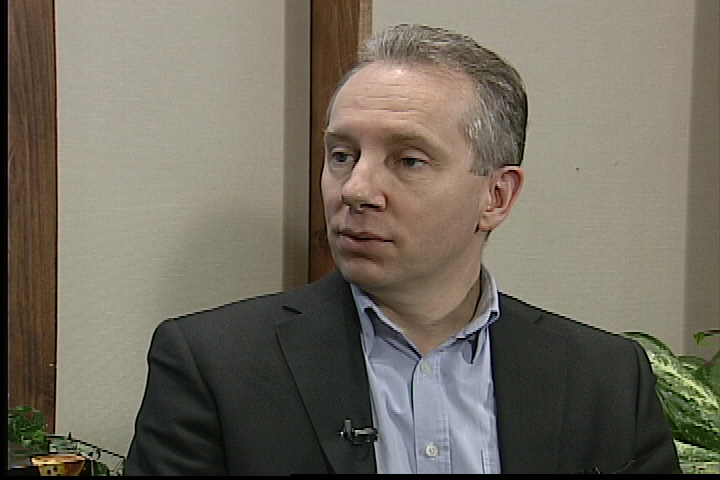 |
Jean-Michel Pawlotski, MD, University of Paris Hospital, France |
He will cover the advances in Hepatitis B and C treatment which will hopefully become less toxic and more effective. He reviews the concerns about drug to drug reactions with co-infected individuals and the opportunities to evaluate the best candidates for treatment by monitoring the virologic response on treatment. |
 |
 |
 |
| |
 |
Zeda Rosenberg, International Partnership for Microbicides, Silver Springs, Maryland |
Zeda Rosenberg and Mitchell Warren covered work presented at the CROI in the field of microbicides, vaccines, and Pre-exposure prophylaxis (PREP). Zeda will cover some of many steps that must be considered even before the final trial on new microbicide is presented. They have discussed the concepts of the research process and how perceptions or sometimes misplaced. Understanding the big picture of the way research works is important for patients, providers, legislators, and the public. They discussed the PREP work that will mostly be forthcoming in the weeks and years, as well as considerations about the way in which the PREP will be utilized in various cultural and national settings. |
 |
 |
 |
| |
 |
Kenneth Sherman, MD, Professor, Director, Digestive Diseases Division, University of Cincinnati, Pennsylvannia |
He discusses the SLAM-C, Euro-SIDA cohort, SVR and RVR markers, concurrent and confounding HIV and HBV treatment. The paradigms of hepatitis treatment in the setting of early HIV treatment is of interest today and will be discussed as starting HIV treatment earlier becomes more prevalent. He will make a strong case for early or appropriate referral to hepatologists in a timely fashion being of critical concern to save lives. |
 |
 |
 |
| |
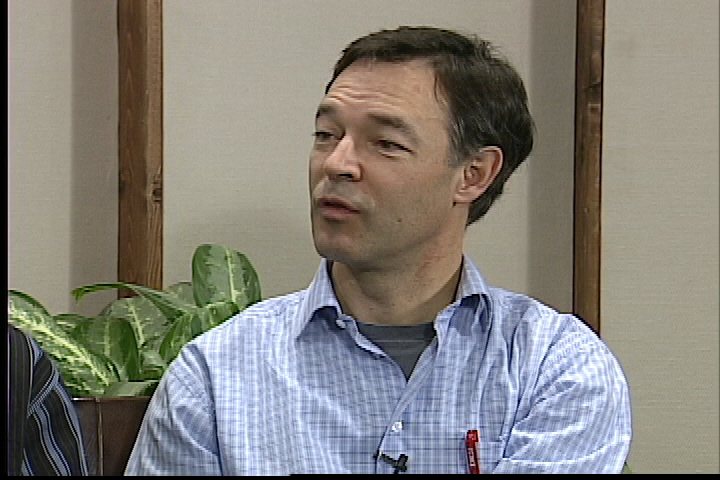 |
Amalio Telenti, MD, University of Lausanne, Switzerland |
Amalio Telenti and Jacques Fellay open with some of the broad possibilities of genomic research in the area of vaccines, epidemiology, treatment and further understanding of the human or host differences that can define pathogenesis. They describe genomics as teaching tools though an understanding of why individuals either do or don’t become infected or why some either progress quickly, slowly or almost not at all based upon genomic differences. |
 |
 |
 |
| |
 |
Jack Whitescarver, Director, Office of AIDS Research, National Institute of Allergy & Infectious Diseases (NIAID), National Institutes of Health (NIH), Bethesda, Maryland |
Dr. Whitescarver reveals a sense of renewed interest from the current administration to promote PEPFAR and continue and expand research in HIV/AIDS, as well as biomedical research in general. He sees an optimistic future for HIV research both from a funding perspective and from scientific development through collaboration with organizations in this country and countries around the World. He sees our vaccine work now back in basic science and phase II Microbicide candidate as a part of the big picture developments to date. |
 |
 |
 |
| |
|
|
|
|
|
|

